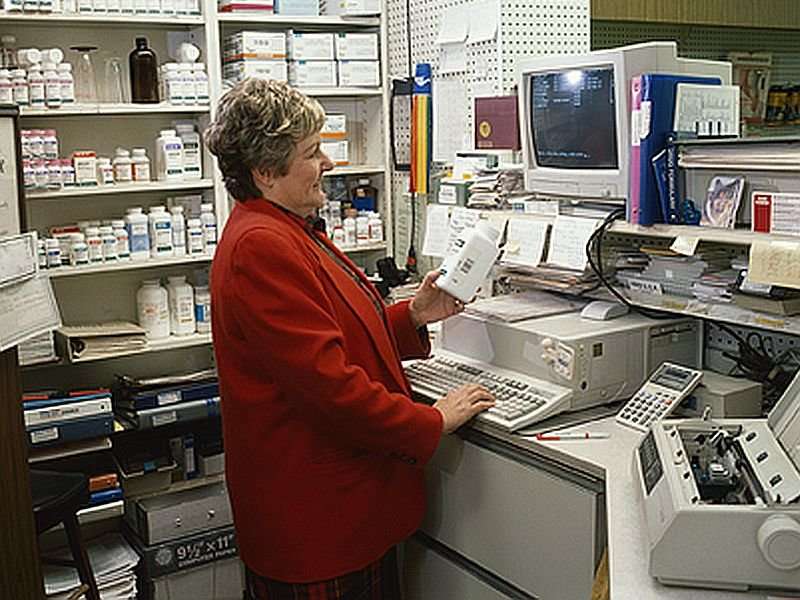(HealthDay)—The top pharmacy challenges for 2018 are drug affordability, nonadherence, and pharmacist compensation, according to a report published online Jan. 7 in Managed Healthcare Executive.
Affordability has increasingly gained attention with the introduction of high-cost specialty pharmacy, which is replacing drugs off patent or filling voids in new drug classes. Prescription drugs need to be affordable, but pharmacies and insurance companies also need to be able to stay in business. Some innovative solutions have been developed to combat high costs, but there is little control over drug inflation. Solutions to affordability include assessing drug utilization and examining whether there are alternatives.
Drug affordability in an important contributor to drug nonadherence. Pharmacists have some responsibility for nonadherence; they should help reconcile patients' regimens to ensure drugs are taken correctly. The final major challenge is appropriate reimbursement for pharmacists, with pharmacists not being compensated for services beyond drug dispensing, despite them providing cognitive services, including medication management, patient education and counseling, promoting adherence, and giving wellness and prevention screenings. Pharmacists practicing in outpatient hospital or physician office settings can bill for special services; however, under Medicare, pharmacists are not currently recognized as providers and can't bill Medicare for services under the Part B benefit.
"Until pharmacists receive provider status, plans will not compensate them even though their functions have grown," Kelly Ann Barnes, vice president for PharmacyChecker.com, said, according to the report.
More information: Abstract/Full Text
Copyright © 2018 HealthDay. All rights reserved.






















